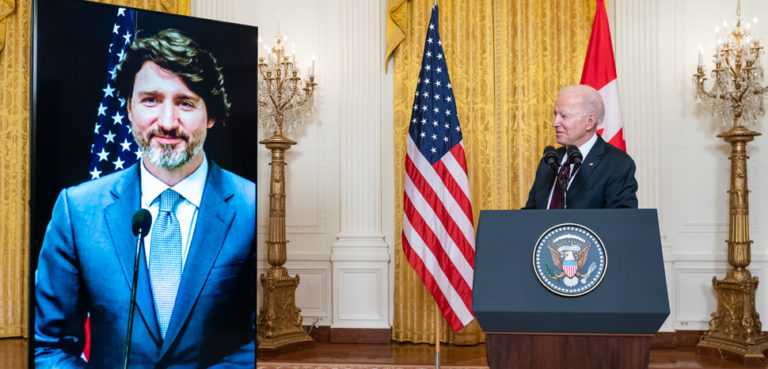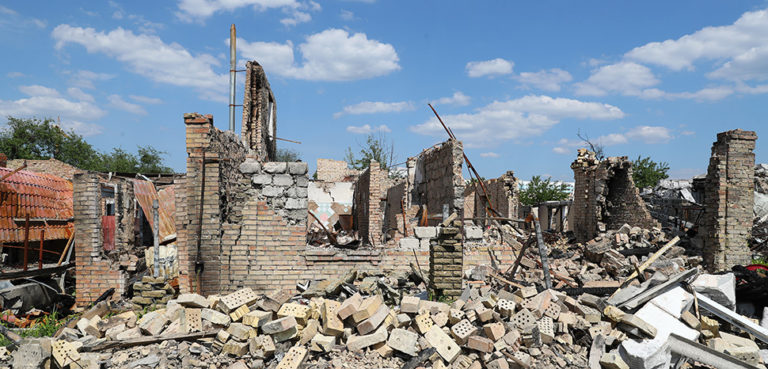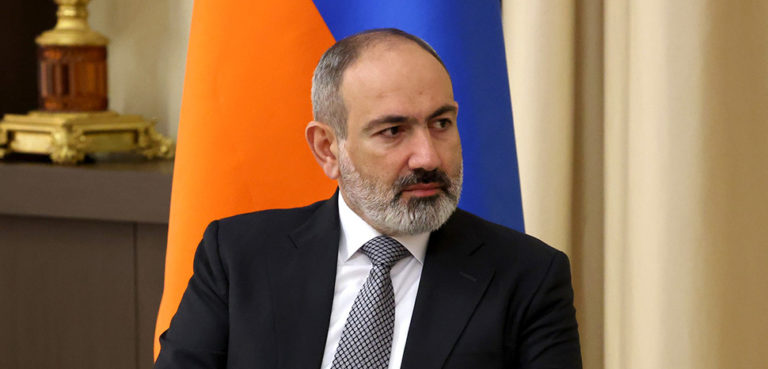In September 1939, the world witnessed a tragic turn of events as Poland was invaded and subsequently partitioned between two totalitarian regimes: Nazi Germany and the Soviet Union. This division arose from the infamous Molotov-Ribbentrop Pact, a non-aggression treaty that included secret protocols to divide Eastern Europe into spheres of influence. The Allies, particularly Britain and France, failed to provide adequate support to Poland, which led to its swift collapse and threatened the very survival of the Polish nation. It was the end of what the British poet W.H. Auden called a “low dishonest decade.”
The UK Prime Minister Neville Chamberlain, in the wake of rising tensions in Europe, famously stated, “I have charted our course; I have no doubt it will lead us to a great and lasting peace,” a statement he would regret as it became apparent that appeasement led only to further aggression. The consequences of this failure extended far beyond Poland, as the lack of decisive action in the face of aggression emboldened Germany and the Soviet Union—culminating in the outbreak of World War II, a conflict that would claim millions of lives and reshape the global order.
Today, a chillingly similar scenario is unfolding around Armenia, which—after the Genocide of 1915-18—once again finds itself caught in a perilous situation. This time it is Turkey’s President Recep Tayyip Erdoğan’s neo-Ottoman ambitions and Russian President Vladimir Putin’s urge to reconstruct the Soviet Union that are reshaping the region via their proxy, the oil-rich, autocratic Azerbaijan. The latter’s military aggression in the Nagorno-Karabakh region in the fall of 2020, supported by both Russia and Turkey, reignited a dormant territorial conflict, resulting in Armenia’s capitulation on November 9, 2020. The continued Azeri aggression, which included a blockade and starvation of civilians, led to the expulsion of 120,000 Armenians from their historic lands in September 2023.
There is a long history of predatory aspirations among these players at the expense of Armenia. Shortly after declaring independence from the Ottoman Empire in 1918, the young Armenian Republic was attacked by the Kemalist Turkey and Lenin’s Red Army in 1920. The Treaties of Moscow and Kars of 1921 formalized the Russian and Turkish partition of Armenia, even though the Republic, including Nagorno-Karabakh within its boundaries, had been recognized by the United States and the League of Nations. While neither signatory of these Treaties—the Grand National Assembly of Turkey, under the leadership of Mustafa Kemal, and Russia, under the leadership of Vladimir Lenin—was recognized by the international community at the time, the ongoing enforcement of these treaties has since kept its grip on Armenia.
In 2020, those same players may have had inside help, which Armenia’s Prime Minister, Nikol Pashinyan, admitted recently during a Parliamentary address. His passivity and indecisive response during the war exposed a critical failure in leadership on his part and likely made him part of a premeditated plot, which he was informed of by his army chief months in advance. The resulting failure to deter aggression gave Azerbaijan and its partners, Russia and Turkey, a window to act decisively, resulting in territorial losses for Armenia that crippled that nation’s defenses beyond repair.
Adding to this precariousness in the region is the struggle of Armenia’s neighbor, Georgia, to ward off Russia. Aspiring to align more closely with the European Union, the people of Georgia have faced persistent Russian efforts, including election interference, to hold Georgia within its sphere of influence. Here too Azerbaijan—with significant minority population and investments in Georgia—was used as a proxy. There were reports that Azerbaijan assisted Georgia’s pro-Russian ruling party to remain in power via an alleged fraudulent election.
The strategic corridor encompassing Armenia and Georgia is a critical juncture between Europe and Asia, and its stability or instability has ramifications beyond local borders. An effective Russian takeover of this corridor would embolden authoritarian regimes, as seen historically when ambitious powers are met with insufficient resistance. Western inaction on Armenian territorial defenses is combined with lukewarm support for Georgian EU ambitions—failures that collectively embolden Russia’s quest for regional dominance.
The lessons from 1939 are stark: appeasement and inaction in the face of aggression cultivate conditions for broader conflicts. Western powers must robustly support sovereignty in the region, ensuring that the aspirations of Armenia to safeguard its territories (including Nagorno-Karabakh) and that Georgia’s pro-European ambitions are upheld. This support must transcend rhetoric, translating into concrete diplomatic, economic, and military partnerships to deter a new aggression from Russia, Turkey, and Azerbaijan against Armenia, which is expected soon, now that the COP29 climate conference in Baku is over.
By allowing Armenia to fall prey to Russian and Turkish ambitions without strong international intervention, while simultaneously neglecting Georgia’s pro-EU aims, Western powers risk repeating the grave errors of past appeasement. The need for decisive action is not only a matter of regional stability but a question of global strategic integrity. Only through clear-eyed and resolute support can the international community prevent a historic repeat, safeguarding these nations from the ambitions that would otherwise seek to dominate them in a landscape eerily reminiscent of pre-World War II Europe.
Dr. David A. Grigorian is a Senior Fellow at the Mossavar-Rahmani Center for Business and Government at Harvard University’s Kennedy School of Government and a non-Resident Fellow at the Center for Global Development in Washington, DC.
The views expressed in this article belong to the author(s) alone and do not necessarily reflect those of Geopoliticalmonitor.com.




